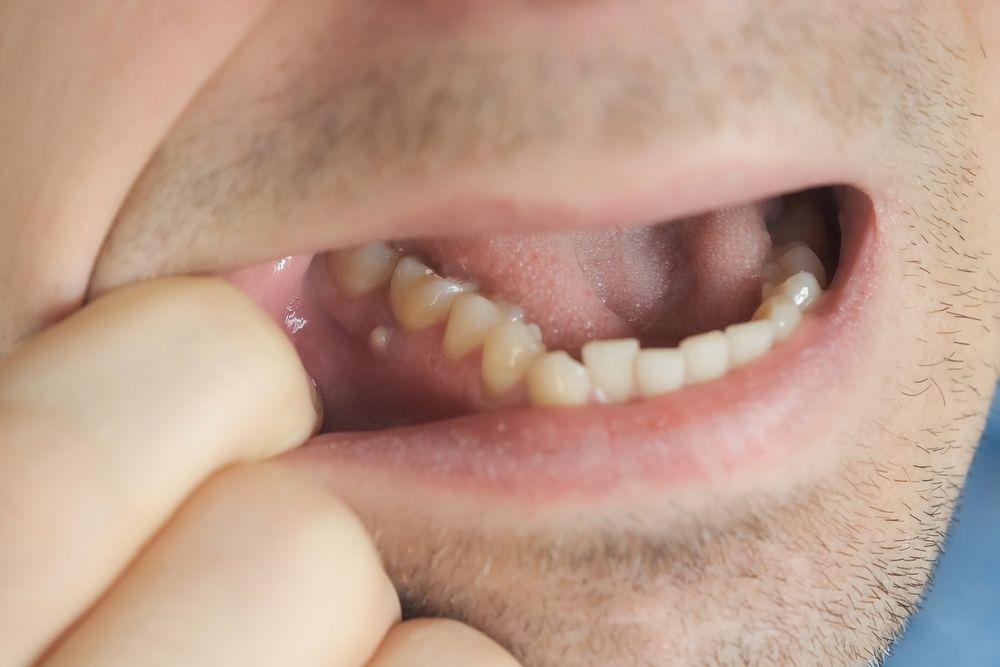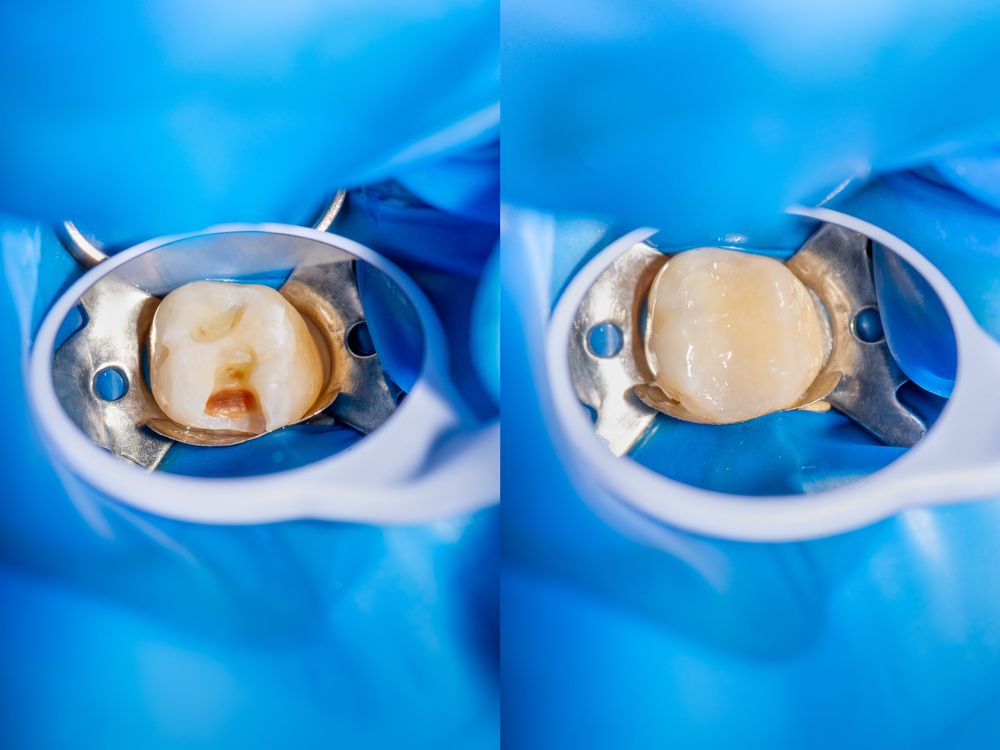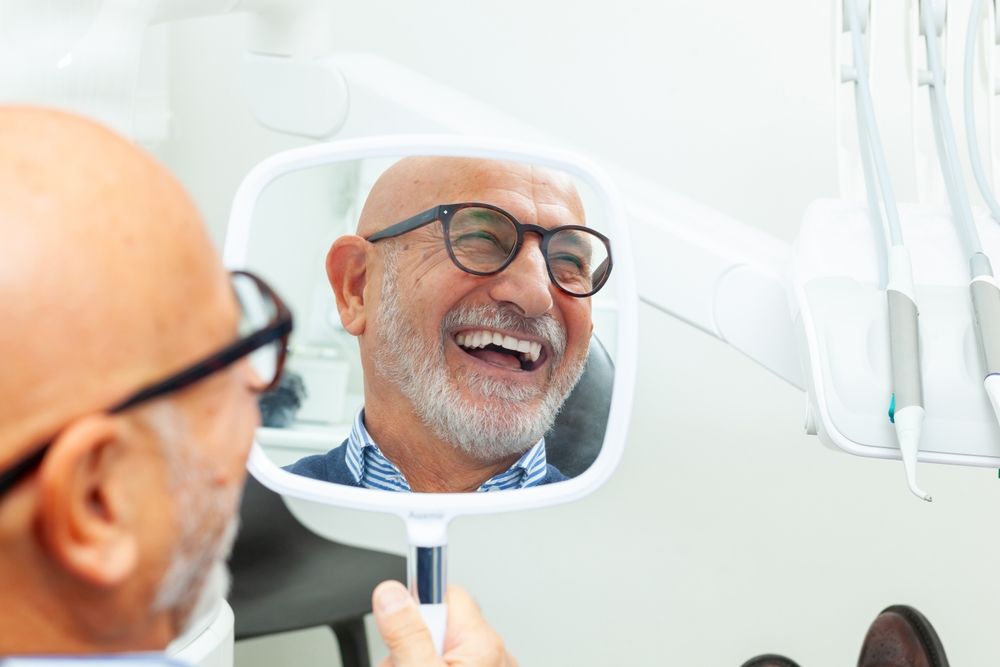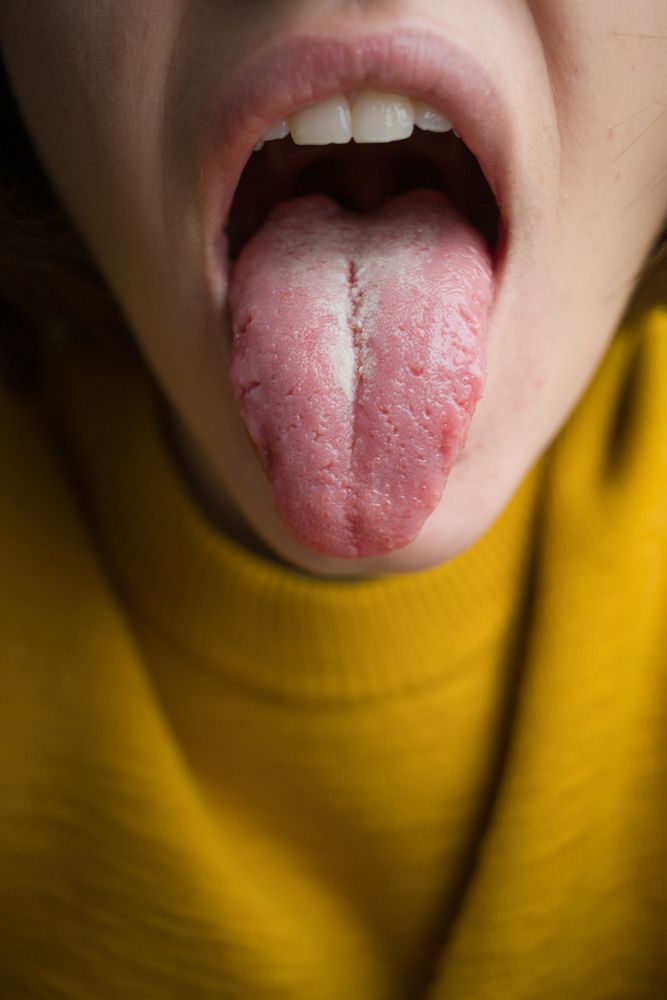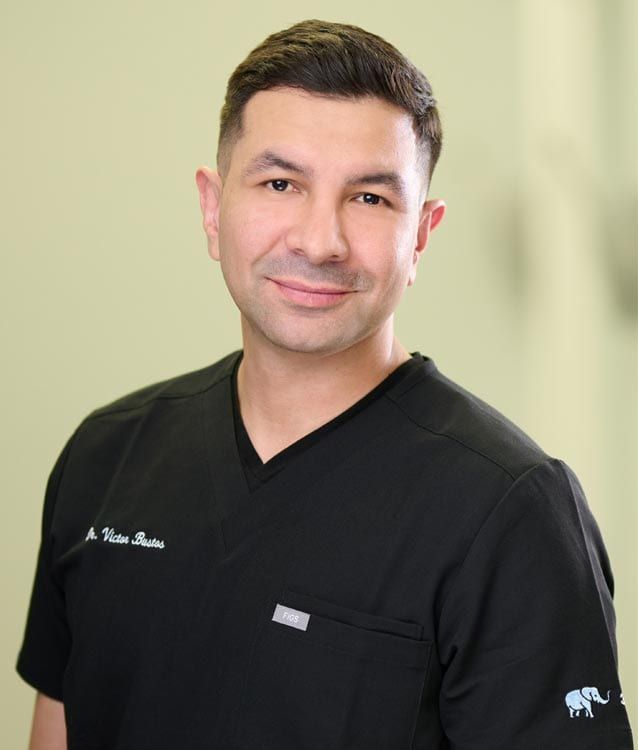As we age, our oral health needs evolve, and it becomes increasingly important to pay attention to dental care. Seniors are at a higher risk for various oral health issues, including gum disease, tooth decay, and tooth loss. However, with proper dental care and regular check-ups, seniors can maintain a healthy smile and enjoy better overall well-being. In this blog, we’ll discuss essential dental care tips for seniors to ensure a happy and healthy mouth.
Regular Dental Check-ups:
Regular dental check-ups are crucial for seniors. Dentists can detect and address dental issues early on, preventing them from becoming more severe and costly to treat. Aim for dental appointments every six months, or as recommended by your dentist, to stay on top of your oral health.
Proper Oral Hygiene:
Maintaining good oral hygiene is essential at any age, but it becomes even more critical for seniors. Brush your teeth at least twice a day using a fluoride toothpaste and a soft-bristle toothbrush. Don’t forget to clean your tongue and the roof of your mouth as well.
Flossing:
Flossing is a habit that should never be neglected. It helps remove food particles and plaque between your teeth and along the gumline, reducing the risk of gum disease and cavities. Consider using floss picks or interdental brushes for easier handling.
Denture Care:
If you wear dentures, it’s crucial to clean and maintain them properly. Remove and rinse them after meals, brush them daily with a denture brush or soft-bristle toothbrush, and soak them overnight in a denture cleaner. Regular check-ups with your dentist are also essential to ensure they fit well.
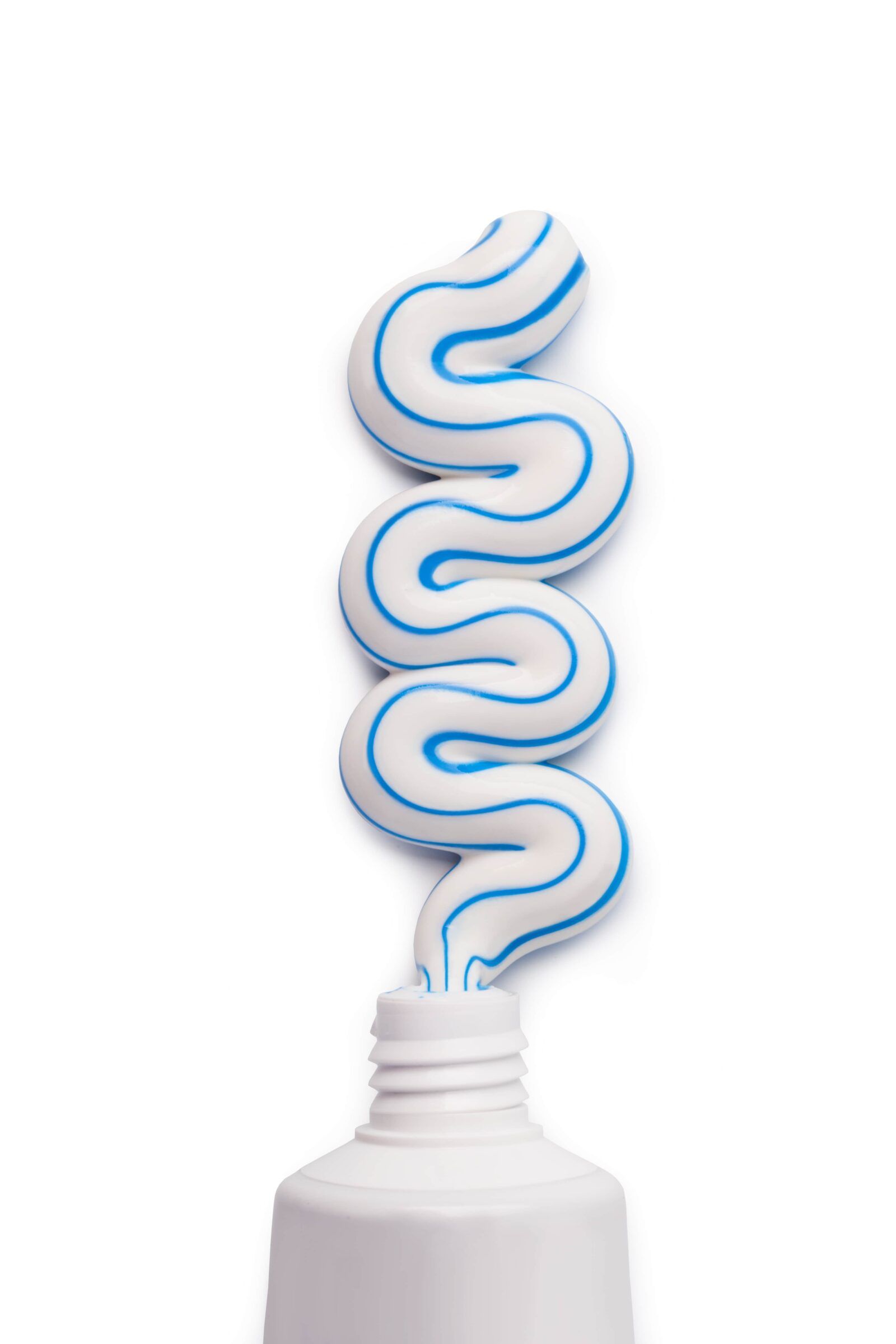
Stay Hydrated:
Dry mouth, a common issue among seniors, can lead to oral health problems. Stay hydrated by drinking plenty of water throughout the day. If dry mouth persists, consult your dentist for recommendations or saliva substitutes.
Limit Sugar and Acidic Foods:
Reducing your intake of sugary and acidic foods and beverages can help protect your teeth from decay and erosion. Opt for water, milk, and sugar-free alternatives to sodas and sweets.
Medication Awareness:
Many seniors take medications that can affect oral health. Some medications may cause dry mouth or increase the risk of gum disease. Be sure to inform your dentist about all the medications you’re taking to receive personalized advice on managing potential side effects.
Consider Dental Implants:
If you’ve lost teeth, dental implants can be a fantastic option for improving your oral health and quality of life. They look and function like natural teeth and can help prevent bone loss in the jaw.
Fall Prevention:
Oral health can also be influenced by overall physical health. Seniors should take steps to prevent falls, which can lead to dental injuries. Ensure your living space is well-lit and free from hazards, and consider using assistive devices if needed.
Conclusion:
Maintaining good oral health is vital for seniors to enjoy a happy and healthy life. By following these dental care tips, seniors can protect their smiles and reduce the risk of oral health problems. Remember that regular dental check-ups are key to catching and addressing issues early on. Don’t hesitate to consult your dentist for personalized advice on maintaining your oral health as you age.

